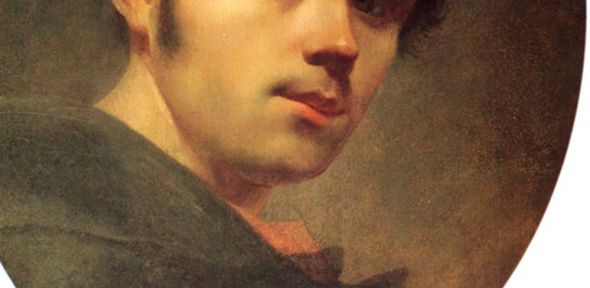
Dr Rory Finnin of the Slavonic Studies Section invites us to engage in a thought experiment.
'Imagine a visual artist,' says Finnin. 'Imagine a painter and engraver, but with the poetic gifts of someone like Rainer Maria Rilke, or W.H. Auden, or Walt Whitman. Imagine that this artist and poet is born a serf, a slave, the property of another human being. Imagine that he is freed from bondage in dramatic fashion at the age of 24.'
Finnin continues: 'And imagine that this artist and poet, despite an intimate personal knowledge of suffering and oppression that would teach most of us never to risk rocking the boat, speaks out forcefully against the injustices of empire and ridicules the head of state with uncommon, unrelenting ferocity. Imagine that he is sentenced to imprisonment and brutal exile in which he is explicitly forbidden to write, paint or draw. Imagine that this artist and poet defies the order anyway.'
'There is much more that we could imagine, but here is the most important thing,' says Finnin. 'Imagine that the innovative nature and captivating messages of this artist’s poetry inspired a civic national movement at the heart of an independent state that is today the largest within the European continent. Imagine all of these things, and you begin to have some idea of the unique significance, for Ukraine and for European civilization, of Taras Shevchenko (1814-1861).'
Finnin discusses the legacy of Taras Shevchenko in a new short film produced by the Ukrainian Institute in London under the directorship of Dr Olesya Khromeychuk. It is the first installment of a series entitled ‘10 Things Everyone Should Know About Ukraine', which is made in partnership with the Ukrainian Institute and H.S. Pshenychnyi Central State Film, Photo and Sound Archive of Ukraine.




